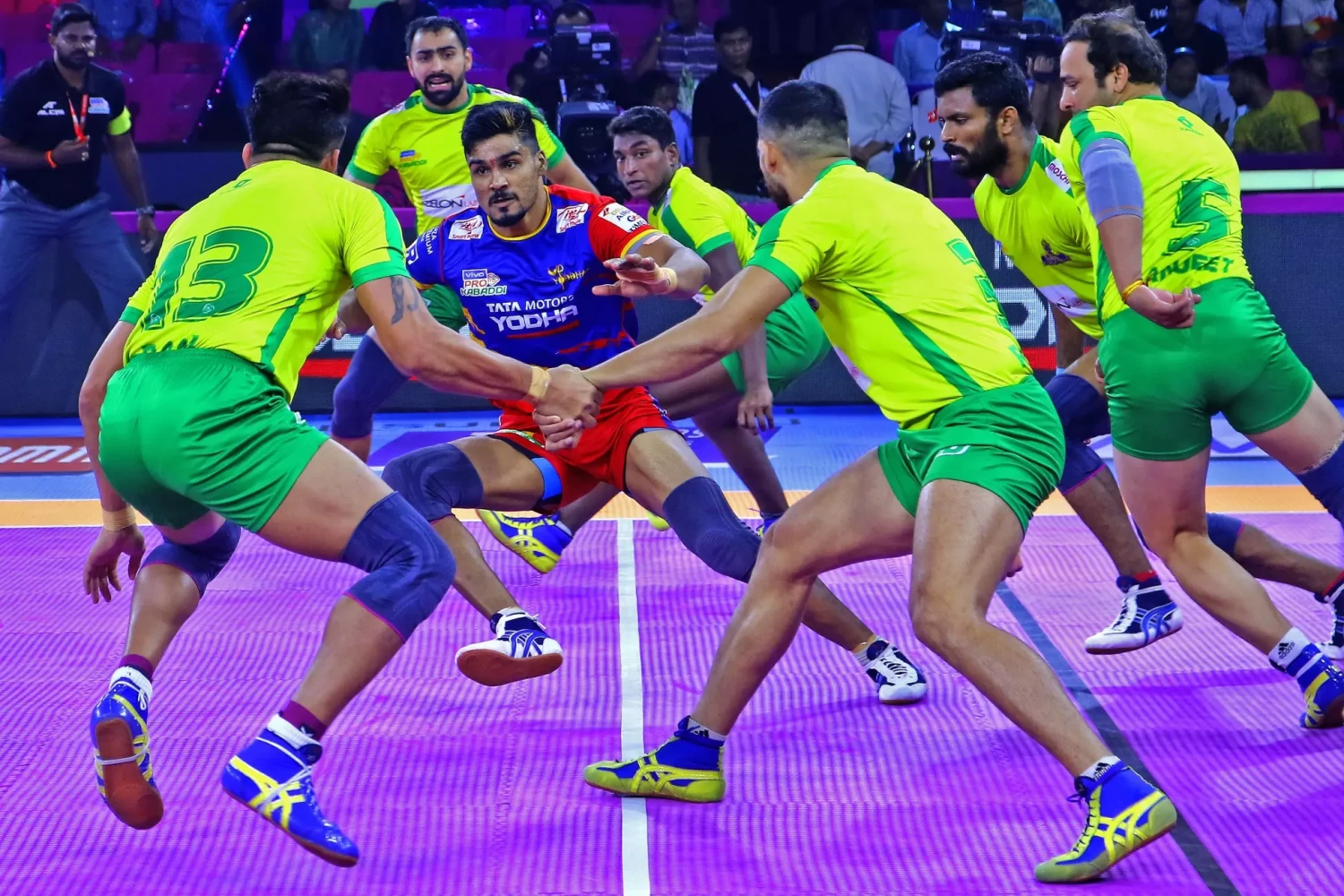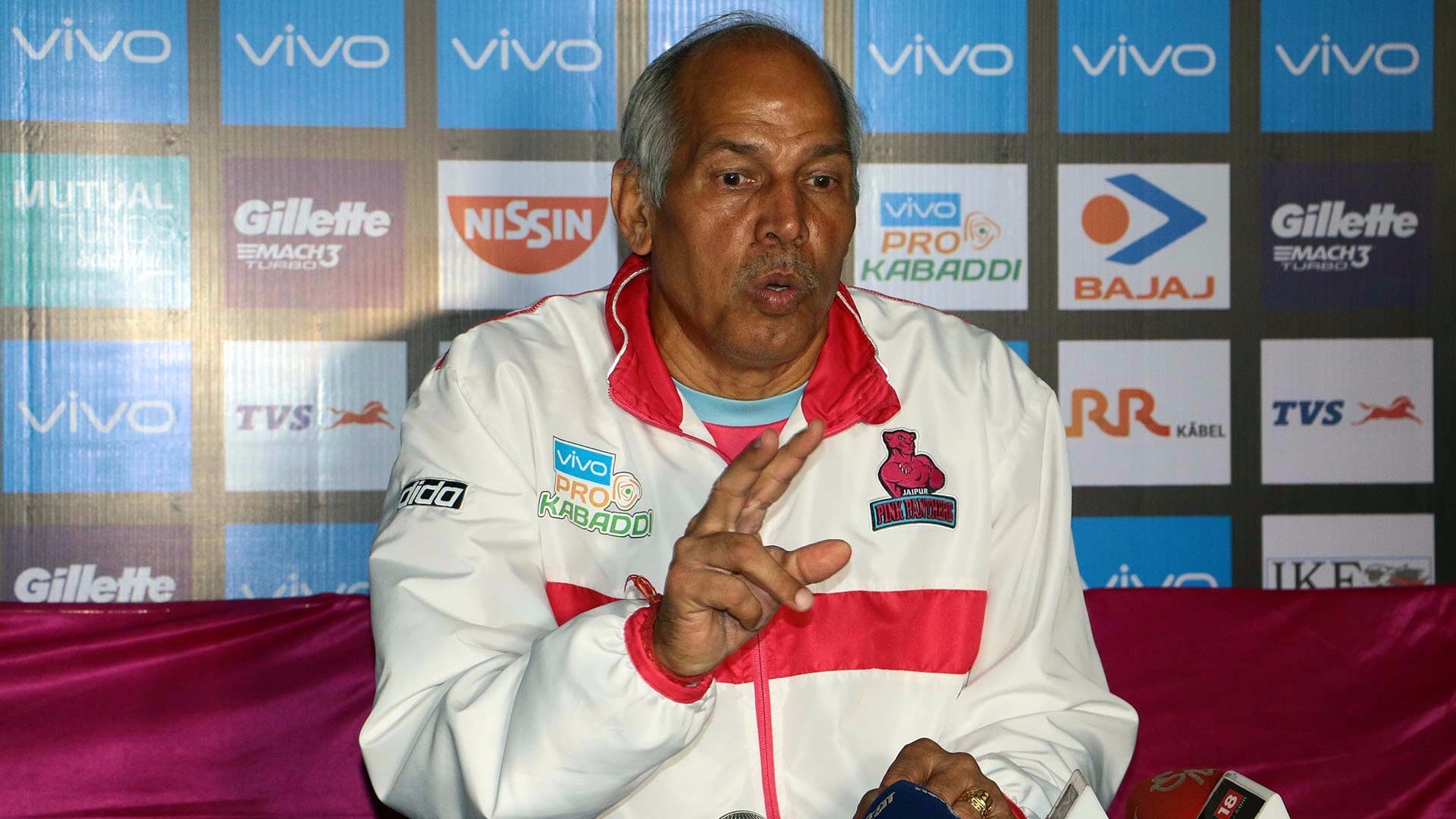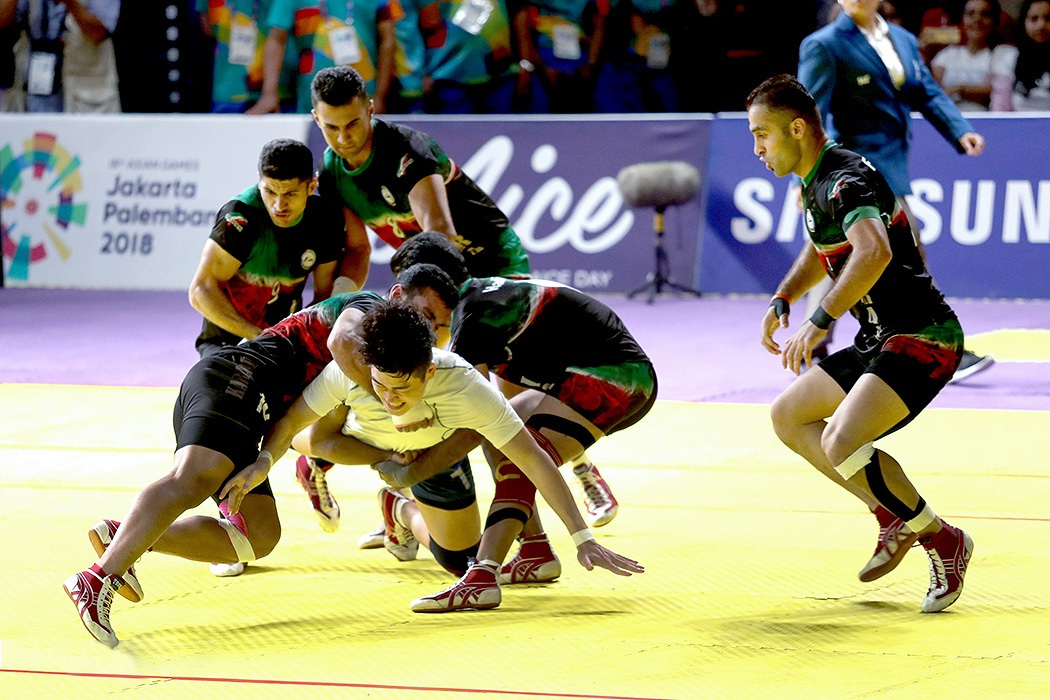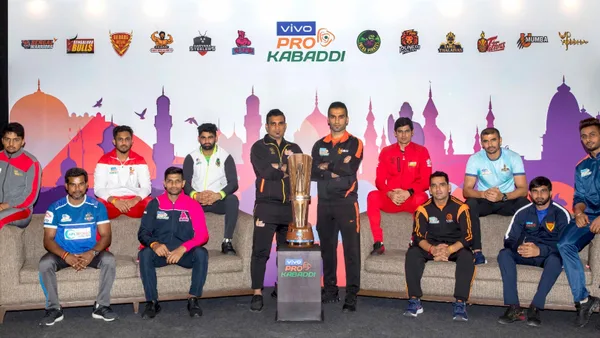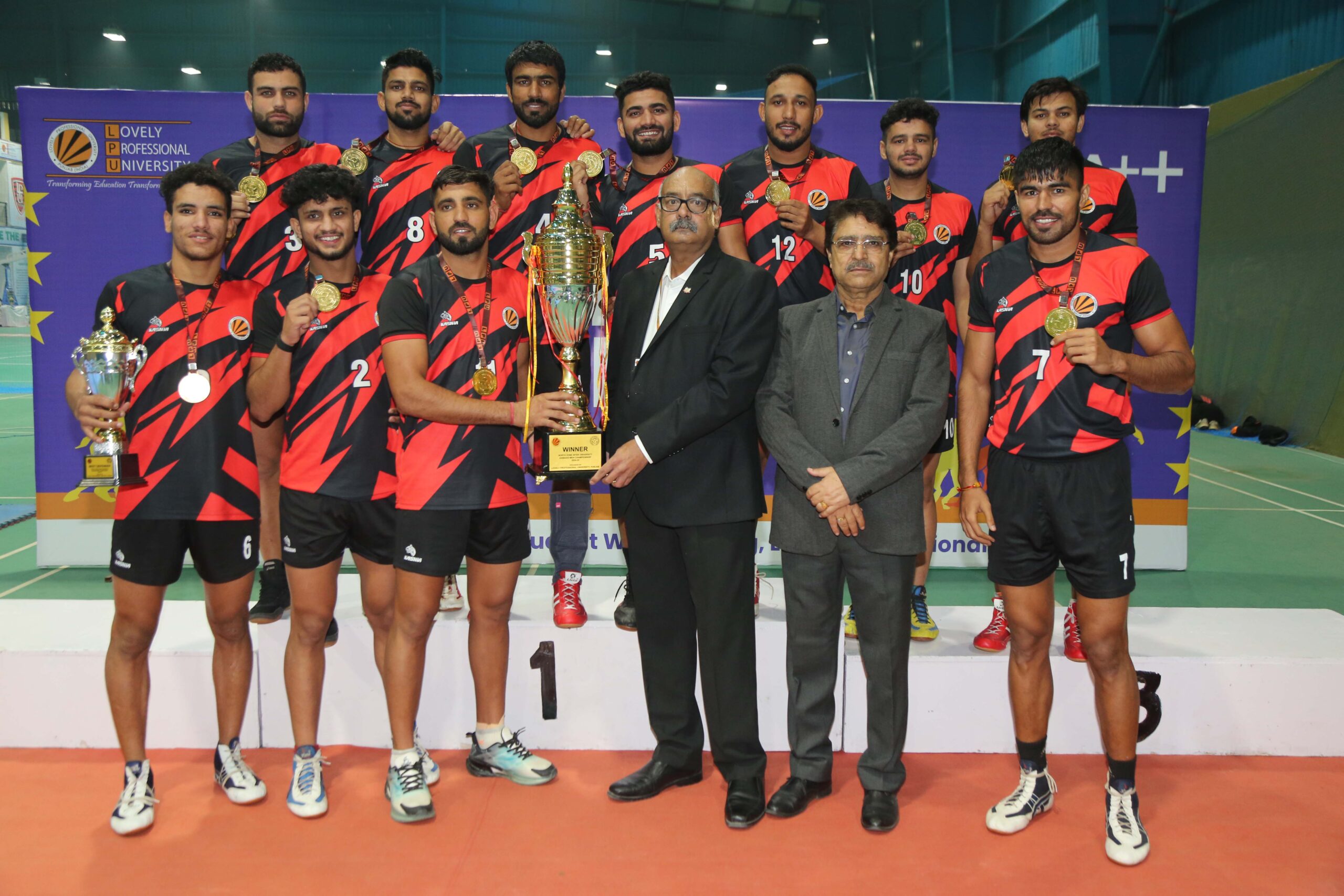Kabaddi is a sport deeply rooted in tradition, with a rich cultural heritage that transcends borders. Originally played in rural villages across India and South Asia, it has become an emblem of strength, unity, and perseverance. The sport has played an integral role in reflecting cultural values and community spirit. In this article, we’ll explore how Kabaddi continues to be a mirror of traditional values and why it holds such cultural significance.
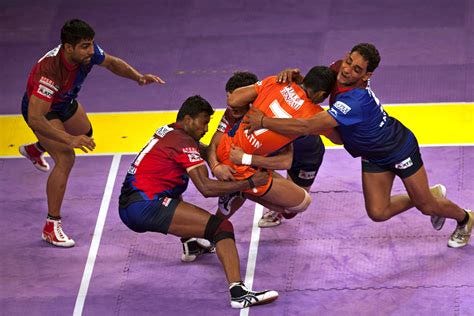
- The Origins of Kabaddi and Its Cultural Roots
Kabaddi has been played for centuries, with roots dating back to ancient India. The game was not only a physical contest but also a way to teach essential life skills like discipline, teamwork, and respect for others. It was often used as a form of recreation and a way to build physical endurance in communities.
Traditional Kabaddi and Cultural Values:
- Strength and Endurance: In many cultures, Kabaddi is seen as a test of physical endurance and mental toughness. The sport’s emphasis on stamina, strength, and strategy reflects the values of perseverance and hard work that are deeply embedded in traditional societies.
- Community Spirit: Kabaddi has always been a team sport, and teamwork is one of the core values that defines it. Players rely on each other for support, and the community surrounding the sport plays a crucial role in its success. Whether it’s cheering for the team or providing logistical support, Kabaddi connects people and fosters a sense of belonging.
- Respect and Fair Play: Kabaddi, like many traditional sports, is governed by strict codes of conduct. Players must respect the rules and each other, ensuring that the spirit of fair play is maintained at all times.
Advanced Tips for Kabaddi Players:
- Embrace the Tradition: Kabaddi is not just about physical performance; it’s about connecting to the sport’s roots and understanding the values it represents. Learn the cultural significance of the game to bring more depth to your participation.
- Focus on Teamwork: Kabaddi is a game of collaboration, and your success depends on how well you work with your teammates. Foster a sense of camaraderie and trust to perform at your best.
- Kabaddi and Its Role in Promoting Cultural Identity
Kabaddi plays an important role in preserving and promoting the cultural identity of the communities that practice it. In rural areas, the sport is not just a pastime; it’s a cultural event that brings together people from all walks of life.
Kabaddi as a Cultural Connector:
- Celebrating Festivals and Community Events: Kabaddi tournaments are often held during festivals and community celebrations, further cementing its role in community bonding. Events like rural Kabaddi tournaments serve as platforms for showcasing talent and bringing people together, fostering unity and pride.
- Kabaddi as a Cultural Symbol: In countries like India, Kabaddi is seen as a cultural symbol that represents national pride. Whether played on the village fields or in professional leagues, the game is a reflection of cultural heritage, and its popularity continues to grow, especially in rural areas where it is seen as a way to preserve tradition.
- Kabaddi and Global Influence: As Kabaddi grows internationally, it carries with it the cultural essence of its birthplace. The rise of international Kabaddi tournaments allows the sport to transcend borders and introduce the traditional values of Kabaddi to the world. Countries like Iran, South Korea, and Japan have embraced Kabaddi, adapting it to their own cultures while maintaining its traditional roots.
Advanced Tips for Kabaddi Fans:
- Celebrate Kabaddi’s Cultural Roots: As a fan or player, you should understand the cultural significance of Kabaddi and celebrate it as part of your sporting experience. Promote the game’s traditional values both on and off the field.
- Engage in Cultural Events: Attend Kabaddi tournaments, especially those that have cultural significance. Engaging with these events helps deepen your understanding of the sport’s cultural roots and its impact on communities.
- The Role of Kabaddi in Teaching Values to the Next Generation
Kabaddi is not only about competition but also about teaching values that shape young players into responsible individuals. From respect to hard work and discipline, Kabaddi instills a variety of life lessons in its participants.
Core Values Taught by Kabaddi:
- Discipline: One of the most important values in Kabaddi is discipline. Players must adhere to a strict regimen, maintaining their physical fitness, following the rules of the game, and respecting their coaches and teammates.
- Teamwork and Cooperation: Kabaddi teaches players how to cooperate and rely on their team members. As a team sport, success in Kabaddi requires players to support one another and work together towards a common goal.
- Respect for Others: Respect is fundamental in Kabaddi, whether it’s showing respect for the opposition, for the rules of the game, or for one’s teammates. This principle is instilled from a young age, helping players grow into well-rounded individuals both on and off the mat.
Advanced Tips for Kabaddi Coaches:
- Incorporate Life Lessons into Training: Beyond just physical conditioning, use Kabaddi as a platform to teach young players valuable life skills such as teamwork, discipline, and respect.
- Foster Leadership Skills: Encourage young players to take leadership roles in training and matches. This will help them develop a sense of responsibility and leadership, both on and off the mat.
- Kabaddi’s Influence on National and Global Pride
Kabaddi has a powerful effect on national and cultural pride, particularly in countries where the sport is deeply rooted. In India, for example, Kabaddi is seen as a symbol of strength and resilience. As the sport expands globally, it continues to foster national pride in countries that have embraced it.
Kabaddi’s National Significance:
- India’s National Sport: Kabaddi is considered one of India’s national sports, with a rich history dating back thousands of years. It continues to play an important role in promoting Indian heritage and culture.
- International Recognition: As Kabaddi gains global recognition, it also promotes pride in the countries where it is played. For example, Iran’s success in international Kabaddi competitions has given the sport a sense of national pride, while South Korea’s growing interest in Kabaddi is creating new waves of excitement.
Advanced Tips for Kabaddi Players:
- Embody National Pride: Kabaddi players should recognize the pride associated with representing their country and carry that sense of responsibility with them during competitions.
- Promote Cultural Awareness: Kabaddi players and fans can play an important role in promoting the cultural values behind the sport. Whether at the local or international level, understanding the sport’s cultural significance helps spread its message globally.
- The Future of Kabaddi’s Cultural Significance
As Kabaddi continues to expand across the world, its cultural significance will evolve. The future of Kabaddi will see the sport continue to bridge gaps between cultures, helping people from different countries and backgrounds come together over a shared love for the game.
What the Future Holds for Kabaddi’s Cultural Impact:
- Globalizing Cultural Values: As Kabaddi spreads globally, it will continue to carry its traditional cultural values. Players and fans around the world will adopt these values, adding new dimensions to the sport while retaining its heritage.
- Promoting Unity Through Kabaddi: Kabaddi’s ability to unite people across cultures will only grow as the sport continues to evolve. As more countries embrace Kabaddi, its role in building cross-cultural relationships will become even more important.
Advanced Tips for Kabaddi Fans and Players:
- Engage with Global Kabaddi: Follow international Kabaddi leagues and tournaments to see how different cultures are shaping the future of the sport. Take part in promoting the cultural aspects of Kabaddi in your community.
- Celebrate the Sport’s Roots: While Kabaddi evolves, it’s important to remember its cultural roots. By appreciating its history and significance, players and fans can help preserve the values that make Kabaddi special.
